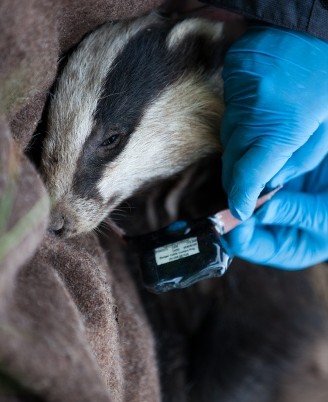 Not So Elementary (the Cosmos, That Is)
Not So Elementary (the Cosmos, That Is)Recently there are appeared a paper showing how Physics - Iron–Helium Compounds Form Under...
 Carbon — to capture or not to capture
Carbon — to capture or not to captureThis came up on 2nd November 2024 (give or take a day), a broadcaster objecting to a carbon capture...
 Betelgeuse, Gamow, and a Big Red Horse
Betelgeuse, Gamow, and a Big Red HorseThere has been a lot of talk recently of Betelgeuse possibly going supernova this century or not...











